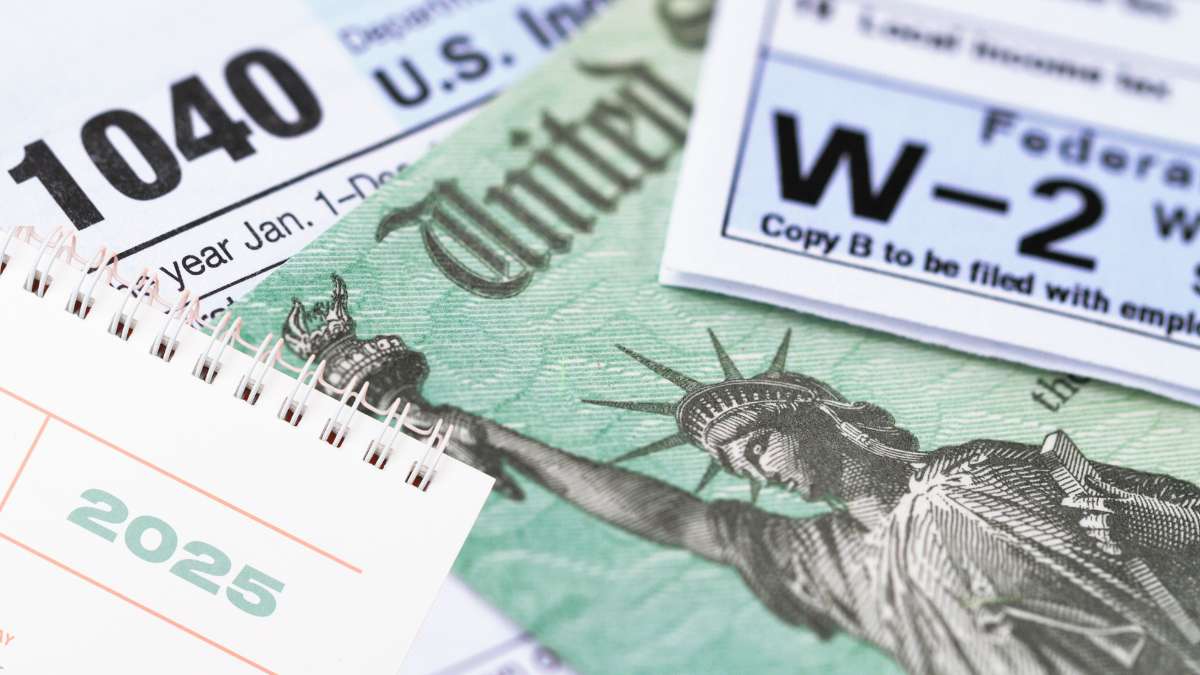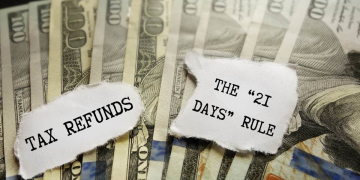Let’s start with the essential thing that has brought us here, you with questions and me with answers: a tax refund is basically what the government gives you back when you paid too much in taxes. The IRS estimated an average of $3,221, taking into account data collected through March, similar to that of 2024.
The interesting thing is that those who opt for direct deposit usually get around $60 extra. According to specialists, there is less margin for error in the process. In February, the average was $2,169, but it rose when statements with credits such as the EITC and ACTC began to arrive.
These are processed after mid-February, so be patient: if you claimed these benefits, your check could be bigger. Yes, check the numbers carefully. An error in your SSN or bank details, and goodbye fast money.
Errors that could withhold your tax refund
There are a series of very common mistakes that American taxpayers usually make, and we bring them here so that you can learn from the mistakes of others and not fall like them:
Here is the black list of what you should not do:
- Putting your SSN or name wrong: It seems obvious, but it is the most common mistake. The IRS has no magic to guess who you are.
- Forget credits or deductions: Did you pay off student loans? Did you donate to a cause? Claim it! The EITC, for example, is a lifeline for low incomes.
- Wrong direct deposit: One misspelled account number and your money could end up in limbo (or in someone else’s hands).
Keep in mind that if you owe old taxes, support, or student loans, the IRS may offset your refund. They warn you with a notification, but it’s better to be safe.
What happens if I file my tax return late?
Filing after April 15 costs you a 5% monthly fine on what you owe, up to 25%. If you were expecting a refund, there is no penalty… but why take the risk? Better to use tools like Where’s My Refund? to track your money and resolve problems in time.
If you file on paper, it takes up to 6 weeks for the IRS to process your return. On the other hand, with direct deposit and e-filing, many receive their money in less than 21 days. Oh, and if you’re due for an audit (fingers crossed you don’t!), having everything digital makes life easier.
If your refund seems low, compare it to previous years. Sometimes changes in your tax situation (such as an increase in income) explain the difference. And if something smells bad, contact the IRS before the problem grows.




